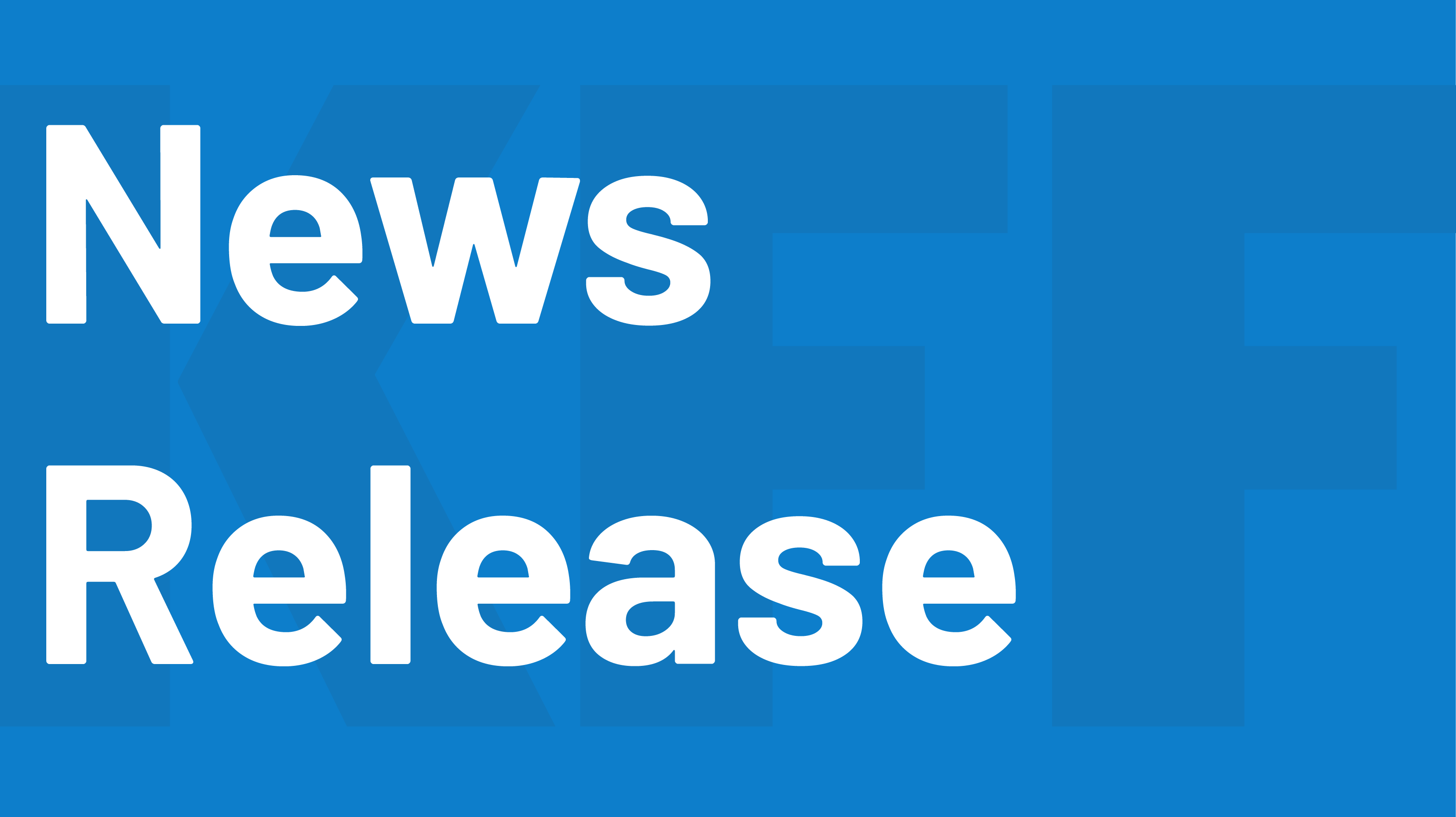Healthcare is an excellent example of a product for which capitalism is poorly fitted - "customers" buy healthcare mostly because they have absolutely no option. They don't want to be in hospital having triple bypass surgery, they don't choose to be, and the cost of their operation is determined by their medical needs, rather than by anything they have control over.
Stuff and nonsense. There are a variety of reasons capitalism is poorly fitted for some fraction of healthcare, but those aren't them. Customers mostly do have options, because customers mostly pay for healthcare with insurance premiums instead of at point of service and customers can shop around for the best insurance policy for their needs before they get sick.
Well actchooalleee....
First off, health care in the US is NOT a free market system at all. Insurance makes it not a free market, it doesn't follow the patterns of supply and demand... like at all. But we'll leave aside how badly having a cost-redistribution middle-man in the mix destroys any sort of microeconomic tendencies for a different discussion. Instead, let's address some of your other items from this first couple of sentences.
1) Customers have options because they shop around for insurance
Most people in the US do NOT shop around for insurance - they get whatever their employer gives them. The premiums for employer sponsored care are usually very heavily subsidized. Most people in the US have no idea at all how much health insurance would actually cost if it weren't subsidized - either by their employer or by the government. The average cost of medical care for people under 65 in the us is around $700 per month. For some people, it's a whole lot higher than that. For someone with employer coverage, they usually contribute $50 per month (give or take, some industries are better some are worse). For ACA coverage, that's more like $130 per month.
2) Customers don't have material cost at the point of service
Sometime in the early 00's there was a push to "Consumer Driven Health Plans" under the misguided notion that patients would shop around for the most cost effective doctors. This wasn't driven by insurers, btw, it was driven by the government, paired with Health Savings Accounts (HSAs). The problem is that people
don't shop around. Maybe, to a small degree, people might shop around for a Primary Care Doctor... but even then, most people are more interested in finding one that is conveniently located, or with whom they feel comfortable than the actual cost. And since PCPs have some of the lowest costs, the impact is really small. When it comes to big things, customers don't have the knowledge to be able to determine which specialist, or which imaging facility, or which physical therapist is the "best value". Most customers wouldn't even know how to begin defining value in that context. And realistically, most people don't want the cheapest care either. And that's only touching on situations where there customer has a reasonable degree of squish in timing. For things that involve surgeries, or are time sensitive, people aren't going to shop around - they're going to go wherever a doctor tells them to go.
This is even true for those of us who work within the health industry. I know a lot more than the average person when it comes to health care (not nearly as much as a doctor or nurse though). I definitely know more about the costs than the average person. And when I needed surgery... I went to the surgeon my doctor told me to go to.
Anyway, the point is that a really large number of health insurance plans have deductibles that can be a material barrier to accessing care. Even a $500 deductible is nothing to sneeze at, and that's on the lower end of the Deductible spectrum.
3) People can pick the right plan for themselves before they get sick
This is technically true... and realistically false. Even if we set aside the entirety of my first point above, this is like saying "people can shop around for the right automobile before their sister dies and they end up with three unexpected kids". The right plan for a healthy person is generally going to be one that has a relatively low premium with moderate fixed-dollar copays for PCP visits and generic drugs. Because a healthy person doesn't really use medical services much - an annual check up, maybe a cold or a bout of strep throat, some basic antibiotics, maybe some stitches and a pain killer. Basics. The problem is that when something unexpected goes wrong... that plan is no longer the right plan for them. People shop based on what their expected costs are going to be, with some mind to something going wrong.
Maybe people should shop for things that might happen. But after 25 years in this field, I still haven't figured out how to convince them to do that - and that's for people who actually have an opportunity to shop in the first place.







